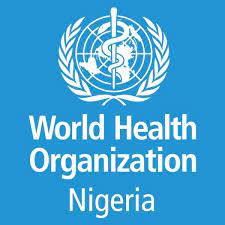By Hassan Zaggi
One in every four deaths globally is said to be caused by living in unhealthy environment, the World Health Organisation (WHO) has said.
This is even as over 12.6 people are said to have died as a result of the living in unhealthy environment globally.
WHO National Consultant, Public Health & Environment, Dr Edwin-Isotu Edeh, disclosed this while presenting a paper at the 6th annual conference of the Association of Nigeria Health Journalists (ANHEJ) in Akwanga, Nasarawa State.
According to him, this underscores the devastating impact of the chemicals and waste being thrown into the air, water and earth since the end of World War II.
The WHO said deaths due to non-communicable diseases which include heart disease and cancer and are related to exposure to pollution now make up 8.2 million or nearly two-thirds of the total deaths.
“Deaths from infectious diseases such as malaria and diarrhea due to unsafe water and lack of sanitation represent one-third and are on the decline.
“Lower and middle-income countries seem to bear the greatest burden of environment-related diseases and injuries.
“These include NCDs like cardiovascular diseases and some cancers. While the highest number of deaths per capita attributable to the environment occurs in sub-Saharan Africa, primarily from infectious diseases”, Dr Edwin-Isotu Edeh said.
The expert reiterated that protecting and creating healthy environments is a critical component of sustainable development.
“Environmental health can be integrated into sustainable development by improving environmental quality for the poorest populations with the greatest burden of environmental diseases, by reducing exposures to air pollution in homes and villages from biomass burning, and providing clean water and sanitation.
“Recognizing that some policies, practices, and technologies designed to promote sustainability and economic development may have unintended adverse environmental health effects, and attempting to prevent or mitigate these before they are implemented”.



